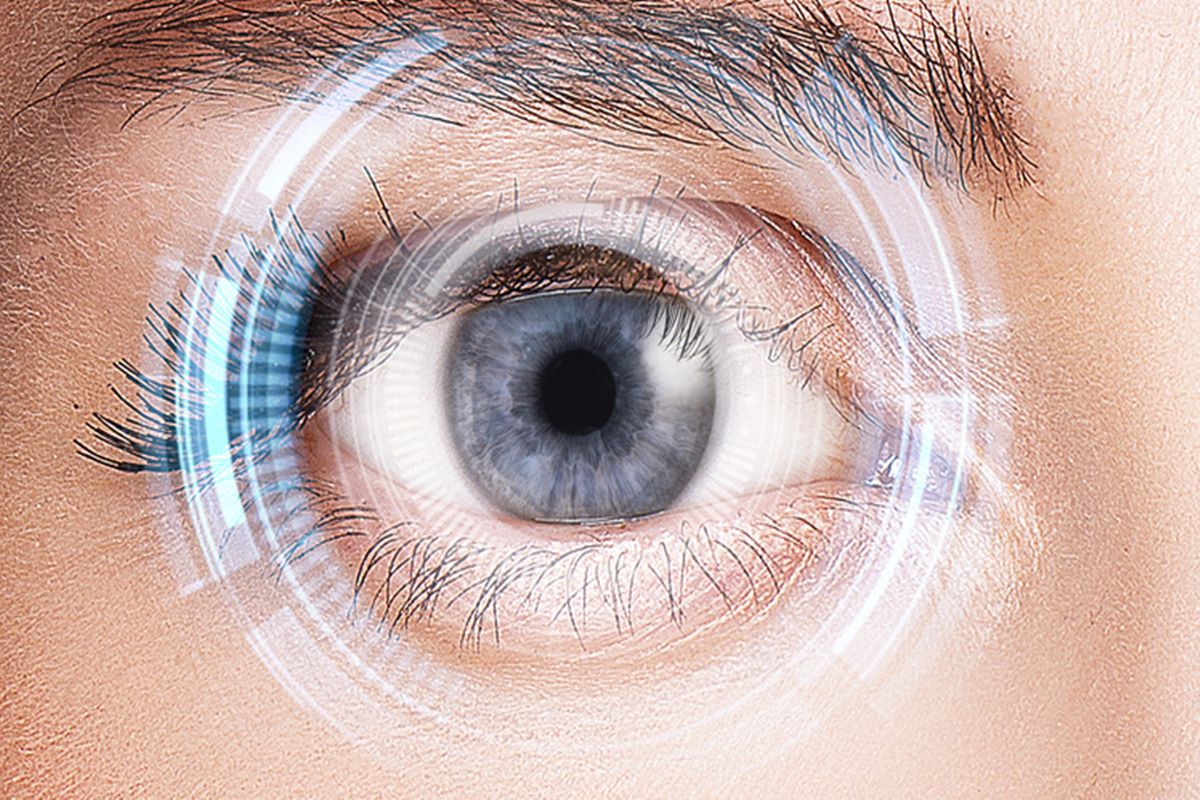Keep your eyes protected during winter
Most of us tend to take extra care of the eyes during summer months, completely ignoring the winters. It is extremely important for you to be aware that winters leave your eyes more vulnerable than the summers.
After a severe bout of sweltering summer heat as the time comes for a splash in the rain, it also brings along microbes, which plague our eyes with infections. So along with the excitement that monsoon fills us with, we need to take proper care of our eyes.

Representation Image (Photo:IANS)
After a severe bout of sweltering summer heat as the time comes for a splash in the rain, it also brings along microbes, which plague our eyes with infections. So along with the excitement that monsoon fills us with, we need to take proper care of our eyes.
Dr Aditya Pradhan from Disha Eye Hospitals, consultant in cornea, external diseases and cataract shares some measures to prevent eye problems due to the monsoon rains.
Advertisement
Conjunctivitis
Advertisement
Conjunctivitis is the inflammation of the conjunctiva (the membrane that lines the eyelids and covers the exposed surface of the eyeball). This eye ailment is quite common during monsoons. Just like viral fever this infection is also contagious. This is characterised by an acute onset of a red, watery eye. It may be accompanied by pain and discharge and usually starts in one eye and spreads to the other as the secretions are contagious.
One may complain of a gritty feeling as if something has fallen in the eye. There may be blood clots visible around the cornea (central dark area) and in case it spreads to the cornea the patient may have symptoms such as intolerance to light (photophobia), glare, and pain and may see coloured halos around lights. It usually occurs due to a viral infection and may be preceded by fever. Though it typically lasts for a week, occasionally it may continue for up to 14 days. One should visit the ophthalmologist for examination as occasionally there can be sight-threatening complications. The secretions are contagious so the patient needs to be careful and use separate towels, bed sheets, etc.
Conjunctivitis is spread by transfer of the secretions from an infected person. One must maintain hygiene and avoid touching the eyes.
Although a self-limiting condition, it is better to visit an ophthalmologist for an accurate diagnosis and treatment. Supportive therapy in the form of artificial tears and cold compress work wonders. Over-the-counter steroid/steroid-antibiotic eye drops should be strictly avoided as they can cause sight-threatening complications. Contact lens wearers must discontinue lens wear till the ophthalmologist allows them to. Sharing of eye drops between affected family members isn’t recommended. Patients should avoid visiting public places, especially community swimming pools.
Corneal Ulcers
Corneal ulcer is an infection of the cornea. There is an increased incidence of corneal ulcers in this season, especially among contact lens wearers and those with an interest in gardening/those engaged in farm work. This is characterised by a sudden onset of pain, redness, watering photophobia and decreased vision in the affected eye.
This can be serious if not treated immediately, so a visit to the ophthalmologist is mandatory for anyone with the above symptoms. An affected person should stop wearing contact lenses with immediate effect. Treatment is with antimicrobial agents and depends on the severity and aetiology of the condition.
Allergy
Dust, pollens, cosmetics and weather change may trigger allergies. Contact lens wearers need to stop wearing lenses during an episode of allergic conjunctivitis. Wearing sunglasses will protect eyes from dust and will prevent dust particles from entering the eyes. Over-the-counter steroid/steroid-antibiotic eye drops should be strictly avoided as they can cause sight-threatening complications. A prompt visit to the ophthalmologist is recommended for quick resolution of the condition.
Dr M S Purkait, medical superintendent, Techno India Dama Hospital also highlights some severe health complications which can rise due to the sudden dip in temperature and high rainfall across the city.
Monsoon brings in a variety of stomach problems the commonest being bacterial dysentery and viral diarrhoea. The commonest reason being contaminated drinking water source and fruits and vegetables which have been washed in dirty water. Diseases like cholera, jaundice, typhoid, dysentery and viral gastroenteritis are some of the common ailments that occur.
The best ways to avoid gastrointestinal diseases during monsoon are –
Advertisement